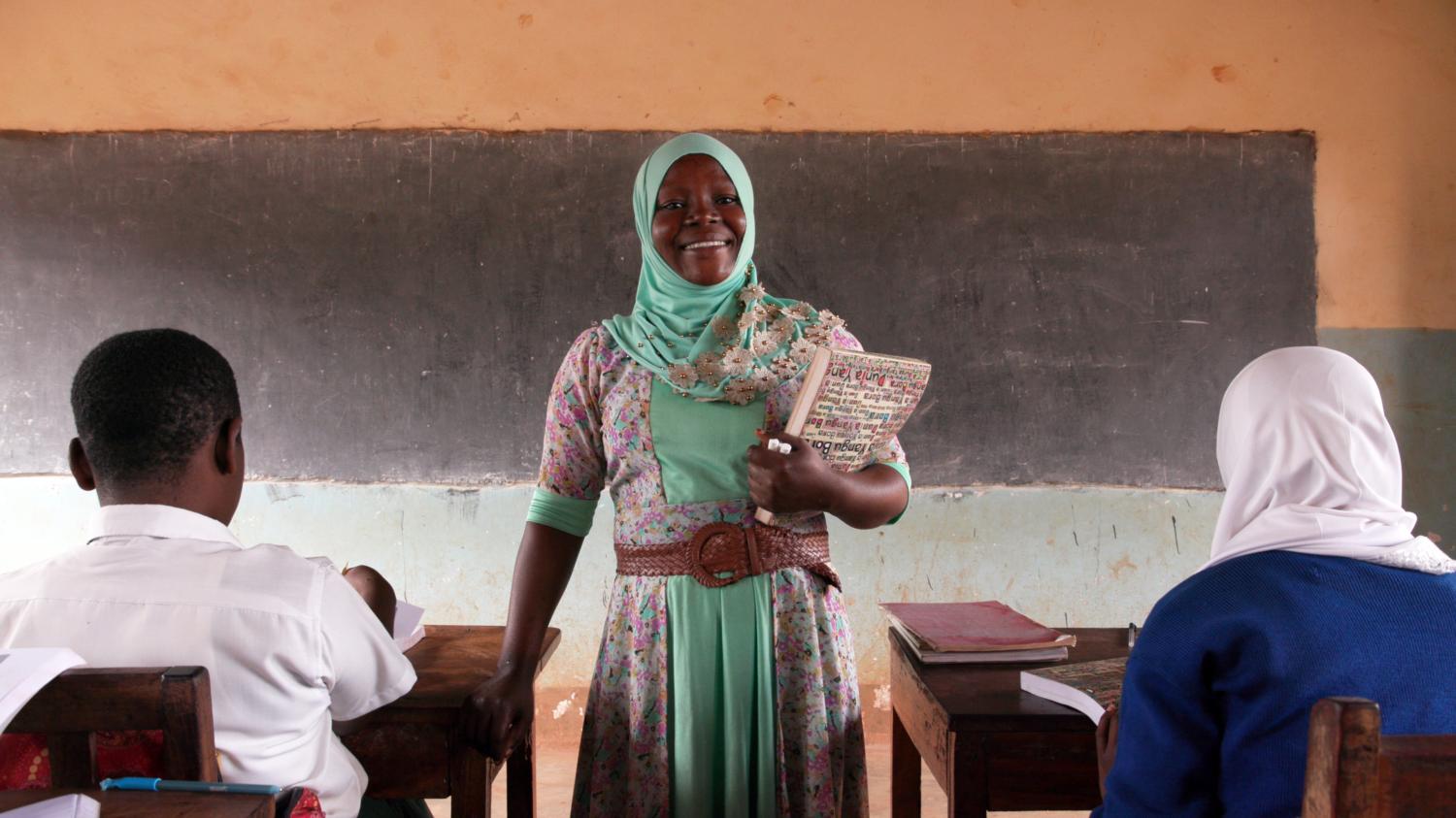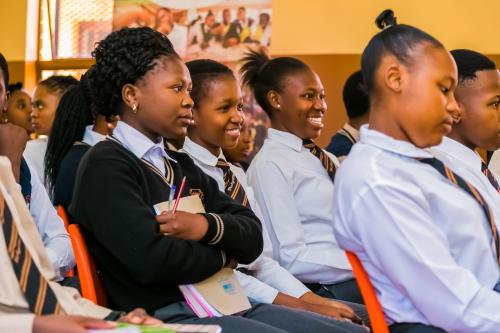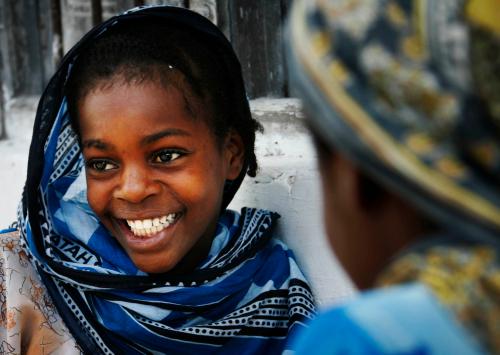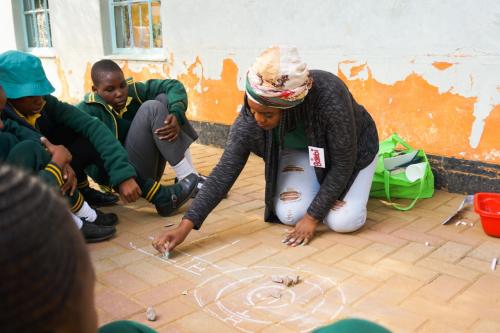Even before COVID-19 shuttered schools around the world, rapidly expanding access to high-quality learning opportunities for all children was critically needed. The pandemic has only exacerbated the magnitude, inequity, and urgency of this need. While many innovations exist—often emerging outside the formal education system—the question has increasingly become how to scale and sustain those that are most effective at improving learning for all.
In response, the Center for Universal Education (CUE) at Brookings has been investigating efforts to scale and sustain evidence-based initiatives leading to large-scale improvements in children’s learning. CUE is implementing a series of Real-time Scaling Labs (RTSL), in partnership with local institutions in several countries, to generate evidence and provide practical recommendations around the process of scaling in global education—encouraging a stronger link between research and practice.
This report focuses on one of the scaling labs launched in Tanzania in 2018 in collaboration with the Campaign for Female Education (CAMFED). It examines the process of implementing, adapting, and scaling the Learner Guide Program, which delivers life skills and mentorship provided by local female secondary school graduates (Learner Guides) to secondary school students as part of an 18-month volunteer program, in collaboration with the Ministry of Education, Science, and Technology (MoEST) and the President’s Office, Regional Administration and Local Government (PO-RALG).
Learner Guide Program: Improving education outcomes and supporting young women’s transition to the workforce
Established in 2005, CAMFED Tanzania has worked in partnership with local communities and government to co-create locally sustainable solutions to address barriers to girls’ education, supporting more than 88,000 marginalized girls to attend primary school and 54,000 girls to attend secondary school. Central to these efforts has been the Learner Guide Program, designed to improve education outcomes among marginalized children while simultaneously opening pathways for young women to transition from school to the workforce.
Learner Guides are recent female secondary-school graduates who volunteer in their communities for several hours per week to provide life skills facilitation, one-on-one mentorship, and links to social services, which in turn improve girls’ and boys’ attendance and performance in school. In return for their service, these young women receive skills training, interest-free loans to start small-scale enterprises, and an internationally recognized Business and Technology Education Council (BTEC) qualification, which serve as a stepping stone to formal teacher training and employment. These incentives are coupled with the increased respect, leadership, and social standing the Learner Guides receive in their communities.
The Learner Guide Program has effectively traversed three phases of scaling to date—pilot, adaptation, and expansion. Throughout these phases, independent evaluations have averred significant and positive impact in schools where Learner Guides are operational, including improvements in students’ learning, girls’ retention in school, and young women’s livelihoods. The program is now on the threshold of its fourth, most critical phase of transition to national scale. Lessons from the previous phases can inform efforts to further expand the program’s reach and impact to many more disadvantaged children.
Lessons learned and recommendations to strengthen the Learner Guide Program’s expansion and inform future scaling efforts
The Learner Guide Program scaling journey to date has revealed lessons and associated recommendations centered around three key themes, which will continue to play a critical role in future scaling efforts. These lessons and recommendations can help CAMFED and the Tanzanian government formulate plans to further expand the impact of the Learner Guide Program, but they also include transferable lessons relevant for a broad spectrum of stakeholders involved in designing, implementing, researching, or otherwise supporting the scaling of an evidence-based education intervention.
1. Embedding the Learner Guide Program into the formal education system
- Focus on how the program contributes to government policies and priorities
- Plan for the evolving roles of government and innovators
- Utilize financial and nonfinancial local incentives
- Support an interministerial coordinating structure with sufficient knowledge and authority
2. Securing flexible and long-term financing for Learner Guide implementation
- Engage directly with government budget processes and timelines
- Build upon costed scaling analysis to guide strategic decisionmaking
3. Implementing a continuous learning process in support of the Learner Guide Program’s expansion
- Continue to test adaptations to the model as it scales and use iterative feedback loops to analyze the impact of adaptations
- Adapt and apply a collaborative learning approach to support education systems change
The Learner Guide Program finds itself at a critical inflection point after eight years of ongoing adaptation, learning, and expansion. It can remain an effective NGO-led program—working in collaboration with government and community stakeholders—or it can transition to a government-led initiative—embedding in the national education system with the opportunity to impact many more lives. The Learner Guide Program’s scaling journey in Tanzania to date offers valuable lessons to support further expansion of its impact and reach. At the same time, it serves as a case study for the education community into larger questions of how an evidence-based initiative can achieve progress toward national sustainable scale, with insights that are transferable beyond Tanzania.
More information about the Learning Guide program’s scaling journey and these lessons and recommendations are further detailed in the full report and in the summary findings.
Photo credit: Eliza Powell
The Brookings Institution is committed to quality, independence, and impact.
We are supported by a diverse array of funders. In line with our values and policies, each Brookings publication represents the sole views of its author(s).








